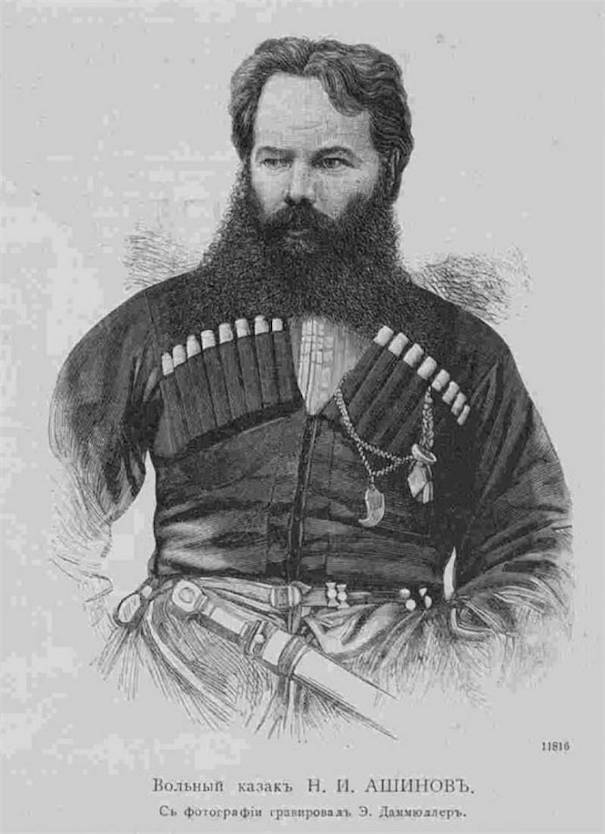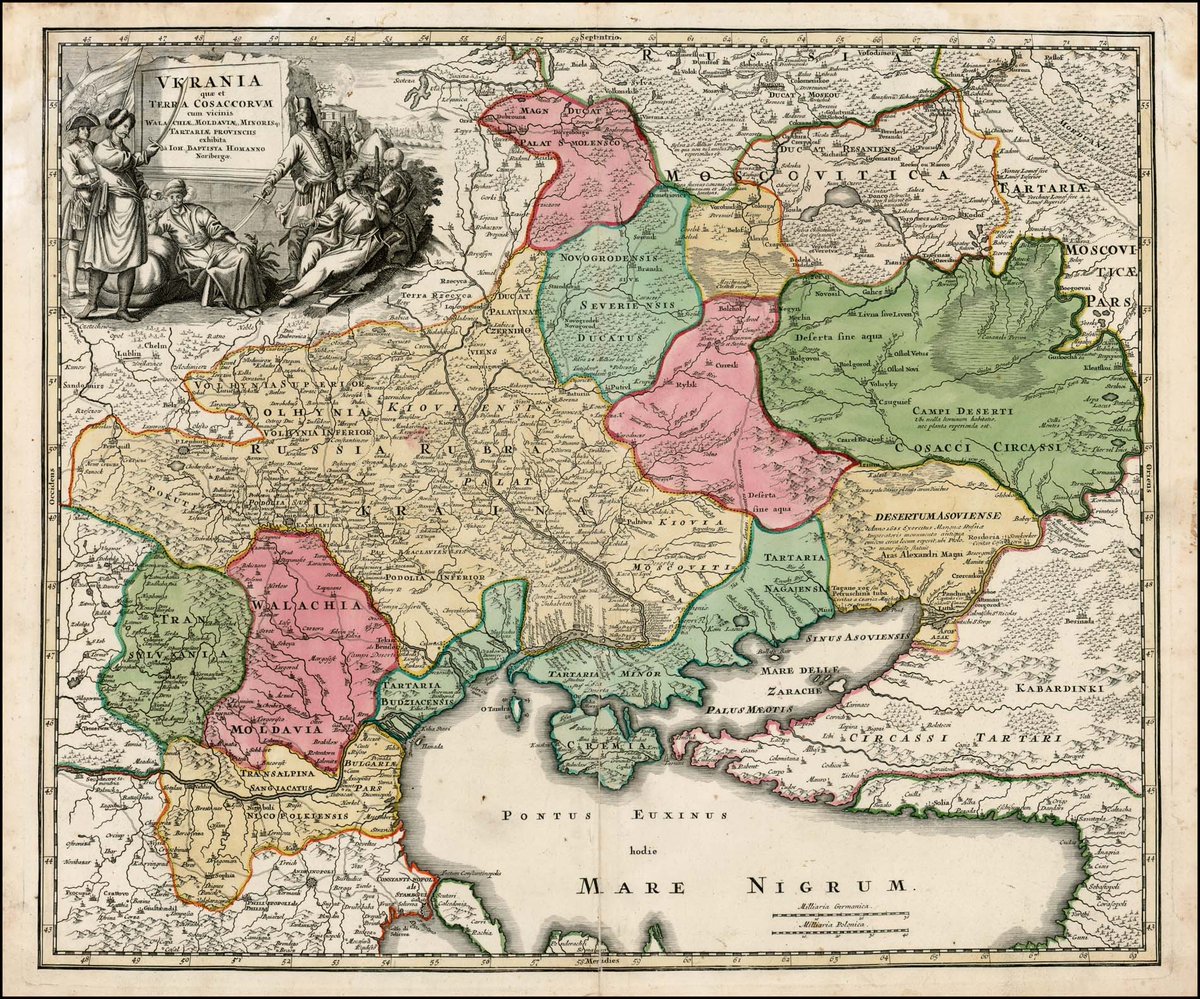
All comforting stories about how Russians did not colonize Africa stop short of telling that they actually shed their blood trying. This is a long 🧵 about how French bombs on the Red Sea coast smashed the tsarist colonial dream of Africa to pieces. 1/ 

In January 1889, a solemn flag-raising ceremony was held in Djibouti. A flag of three horizontal bands – red, blue, and white – was raised over the fort of Sagallo, symbolizing the African territory’s annexation “for eternity” by its new colonial overlord, the Russian Empire. 2/
How was it even possible? Russia did not negotiate any colony at the Berlin Conference of 1884–85, where European powers divided the continent. However, even before the conference closed its doors, its organizer, Bismarck, invited the Russian Empire to join in the scramble. 3/
As the diplomat Count Murav'ev hastened to telegraph his superiors, Bismarck "in great secrecy" pledged support to Russia if it attempted to colonize an area on the Red Sea near Ethiopia. It hardly was a green light for Russia to act, but in a few years it did precisely that. 4/
The person who served for the government as a tool for extending the imperial reach was Nikolai Ashinov, an adventurer and a man of great ambitions. In the early 1880s, he achieved scandalous fame for his plans to colonize the Black Sea Caucasus coast with "Ottoman" Cossacks. 5/ 

However, his most audacious idea concerned the colonial takeover of a far more distant territory – the Horn of Africa. In 1885, he caused a sensation in the press by making a trip to Ethiopia and bringing back proofs of his travel: two black kids and an ostrich. 6/
Upon his return, Ashinov began agitating for the colonial intervention. In one of his letters, widely circulated in newspapers, he wrote: "If [the government] equips us to this country, this entire country, and particularly Sudan, would be Russian." 7/
"We could take this country," he went on, "just to spite the English." Ashinov's ideas, unorthodox as they were, resonated across the empire. Key public figures, top-ranking officials, and the society at large were thrilled at the prospect of having an African colony. 8/
Ashinov won sympathies of Mikhail Katkov and Aleksei Suvorin, the publishers of two most influential newspapers (“Moskovskie vedomosti” and “Novoe vremia”), the emperor’s brother Great Prince Vladimir Aleksandrovich, Naval Minister Ivan Shestakov... 9/
...Commander of the Imperial Main Headquarters Otton Rikhter and many others. His most important benefactor was Chief Procurator of the Holy Synod Konstantin Pobedonostsev, the second most influential figure after the emperor, who hailed Ashinov as Russia's Columbus. 10/
Different actors for different purposes seized upon Ashinov's idea. The person who gave it a major boost was Nikolai Baranov, the governor of Nizhny Novgorod – a city that with its prominent fair functioned as a commercial hub for Russia's trade with Iran and Central Asia. 11/ 

Baranov had a clear idea of what Russia's engagement in global trade might be. In his letters to the emperor, he outlined his vision of a colonial project. A colony on the Red Sea coast, exploited for its natural resources, promised a "bright future” for Russian goods. 12/
Baranov planned to establish the Russian-African company with its own fleet and garrison. After a while, military and naval affairs as well as the administration of the colony would be taken over by the state, with the company remaining in charge of commerce and industry. 13/
“I think I will find enough strength, energy, and knowledge to establish the colony," he wrote. As a board member of the colony, Baranov expected to receive half of the profit from the trade turnover and exploitation of lands. His real ambitions went even further. 14/
He confided to Pobedonostsev: "I, against my will, plan to take control of the Gulf of Tadjoura under the guise of a private company." But "I would much prefer the role of a commander-governor sent by the tsar to the role of a manager of a private company sent by merchants." 15/
Ashinov himself understood the commercial importance of the colony. In a letter to the tsar, he stressed that all Europeans tried to occupy this global trade route. "Abyssinia is the key to Egypt and Africa, and whoever controls Abyssinia will also control the global route." 16/
Alexander III agreed. In December 1888, thousands of people in Odessa cheered the departure of a steamship with some 150 settler colonists led by Ashinov and armed by the Naval Ministry. They were people from different walks of life: retired officers and soldiers, teachers... 17/
... and students, carpenters, blacksmiths, doctors, persons with a dark past and no less shadowy present. Some brought wives and children.
There were also several dozens representatives of the church led by Archimandrite Paisii. 18/
There were also several dozens representatives of the church led by Archimandrite Paisii. 18/
A former manager of the Athos hostel in Constantinople, which serviced Russian pilgrims going to the Holy Land, Paisii was hastily elevated to archimandrite by order of Pobedonostsev to serve as the head of the Russian Orthodox Mission to Abyssinia. 19/
He was tasked with the construction of a Russian Orthodox temple in the colony and was supposed to carry out missionary activity – in his words, to show Ethiopians what “genuine Orthodoxy” looked like. The colonists arrived in the Gulf of Tadjoura at the beginning of 1889. 20/
Eventually, they bought a territory in possession of a local tribal leader with the center in fort Sagallo. Settlers engaged in hunting and agriculture. They brought plants: orange, lemon trees, and grapes were planted there together with cucumbers, tomatoes, and cabbage. 21/
Settlers did not get along with locals. They stole cattle, they robbed people. Ashinov tried to smooth thing over making amends. The colony, which was pompously named "New Moscow," was supposed to expand into nearby areas. 22/
Earlier in 1888, Ashinov published an “Abyssinian-Russian dictionary” – a typical colonial move in which making a territory intelligible preceded political penetration. Soon, all hopes crashed.
France had no intention to see Sagallo as a springboard for tsarist colonialism. 23/
France had no intention to see Sagallo as a springboard for tsarist colonialism. 23/
In February, three French gunboats began shelling the fort. It was a bloodbath. Twenty settlers were wounded and five killed: two children and three women.
The Russian flag above Sagallo was removed. The scandal was enormous. 24/
The Russian flag above Sagallo was removed. The scandal was enormous. 24/
Tsarist officials denied their involvement, assuring that Ashinov acted on his own. Russia’s dream of Africa was shattered, but it did not die away. In the years to come, the imperial government began contemplating a new colonial scheme, waiting for the right moment. end/
• • •
Missing some Tweet in this thread? You can try to
force a refresh













